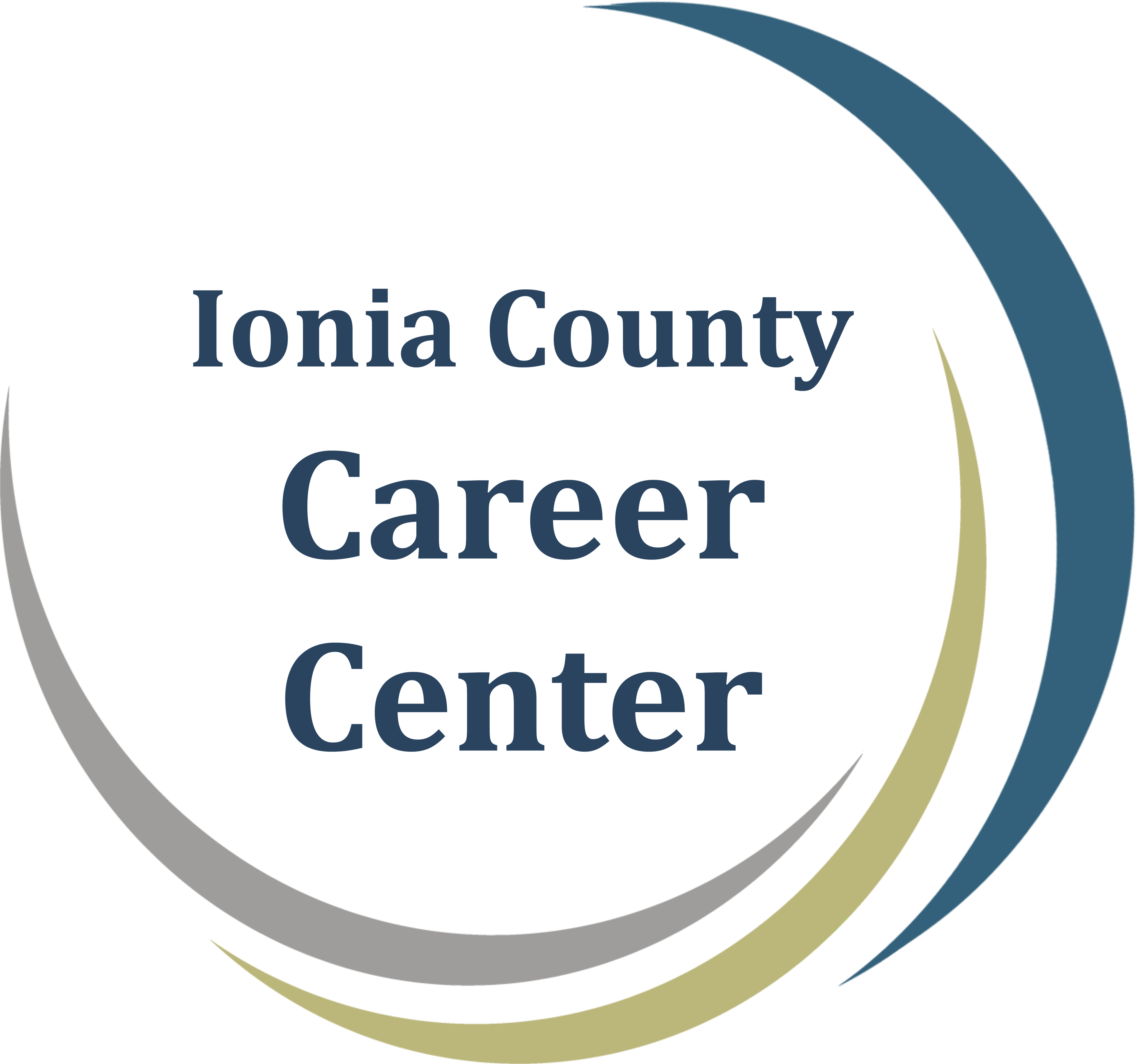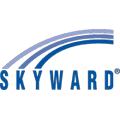Health Occupations
1 Year Program
Health Occupations is designed to prepare students to obtain their State of Michigan Certified Nursing Assistant Certificate, setting the foundation to advance in the health field. Curriculum covers: anatomy and physiology, medical terminology, medical math, CPR, First Aid, AED and professional clinical experience. The primary clinical experiences are with SKLD, a long term care facility. The curriculum is designed to meet the demands of the students and the changes in health care. Significant segments of class time are devoted to learning skills to be used in a nursing career; included are all aspects of personal care, taking vital signs, and learning transfer techniques. Students will learn the importance of proper communication, teamwork, safety, and exploration in information technology. At the completion of this course, students may have the opportunity to sit for their Certified Nursing Assistant (CNA) exam.
Success Indicators
Success Indicators
Success Indicators are recommendations of benchmarks that students should have to be successful when enrolled in this Career & Technical Education course.
Center-Wide Success Indicators
- Regular Attendance
- Shows Initiative
- Willingness to Learn
- Credit Healthy
-
Transportation: Students may have the opportunity to participate in work-based learning experiences, which would require the student to provide transportation to and from the work site.
Program-Specific Success Indicators
- Academic:
- Reading: Grade level reading ability recommended; same texts are used for high school and college courses: frequent use of medical terminology
- Writing: Frequent writing such as health-career topics. Power points are graded for sentence structure and grammar rules
- Math: Basic math skills required. Algebra; Ability to solve an equation, conversions, and medication dosages
- Memorization/Note Taking: Good note-taking ability is helpful. Ability to memorize is essential; anatomy, body system components, and medical terminology.
- Science: Class must move at a rapid pace to cover the material. The student should have a basic foundational knowledge of biology.
- Physical: Able to lift up to 50 pounds, good vision (with corrective lenses, if used), remarkable hearing, lots of bending and twisting movements required.
- Clothing/Special Equipment/Hygiene: Scrubs and proper footwear (closed-toe shoes) are required. Shoulder length and longer hair must be pulled up. Name tags must be worn at any clinical setting (provided). High standards for personal hygiene.
- Fine Motor Skills/Coordinator: Hand/eye coordination necessary, must have the ability to stand and/or walk for 2-6 hours at a time. Must be able to provide quality work with attention to detail.
- Social Awareness: Observation of surroundings, critical thinking, and problem-solving skills are suggested.
- Other
- Attendance: Demonstrates regular attendance (only 3 missed days allowed).
- Medical Requirements: TB skin test (provided), Hepatitis B Vaccine, free from communicable diseases.
- Related Interests: Health, science, biology, nursing, or medical assisting interests
- Transportation: Student is required to provide own transportation to and from job shadows and some clinical sites
- Certification/Licensure: Certified Nurse Assistant (CNA) Certification
- Technology: Home access to a computer with internet is suggested for assignments not completed in class, to watch classroom videos and classroom lectures
- Homework/Classroom Instructional Methods: Amount of homework to complete outside of class depends on the student's ability to utilize class time effectively; memorization of anatomy/physiology terms, abbreviations, and medical terms. Lecture (30 minutes at a time), class discussions, online computer assignments, and assessments; PowerPoint presentations, group work, projects, lab skills/practice; all lab skills must be passed prior to advancement in the clinical area. The course is taught at a college level; articulated college credit available at some institutions.
- Social Awareness: Students must possess a positive attitude and the ability to socialize/ good communication and listening skills are important; requires an assessment of the environment, people, and patients needs; ability to coordinate work and time, follow specific directions (both written and verbal); knowledge of computers
- Exposure: The student will be exposed to body parts, fluids, and excrements; the student will participate in direct patient care at clinical sites.
- Training/Background Check: The student is required to meet IChat clearance (criminal background check) prior to placement in the clinical setting. Students also must complete Workplace Safety Training and Infection Control, and HIPPA Training
Careers
Careers
- Registered Nurse
- Home Health Assistant
- Certified Nursing Assistant
- Physical Therapist
- Occupational Therapist
- Veterinary Assistant
- Laboratory Technician
- Medical Office/Receptionist
Articulated College Credits
Articulated College Credits
Students must complete a full year (2 semesters) in the program earning a B (3.0) or higher grade each semester to be eligible.
Embedded High School Credits
Embedded High School Credits
Career center programs offer the student the opportunity to receive high school academic credit upon program completion. Students MUST be a program completer to earn these credits. A program completer is defined as a student who has completed all 12 segments of the curriculum AND earned a 2.0 (C) or higher GPA per semester in the program. Credits are granted by the student's local high school and determined by their counselor.
Essential Information for Parents & Students
Centerwide
- Regular Attendance
- Shows Initiative
- Willingness to Learn
- Credit Healthy
- Review the Ionia County Career Center Student Handbook
- Review the Success Indicators (listed under each program) for detailed program-specific information on what your student needs to succeed in this program.
- If your student is interested in a Work-Based Learning Internship opportunity during the school year (subject to instructor approval), please review the Work-Based Learning Manual (located under ‘Internship’).
Before the School Year Begins
- Earbuds/headphones
- Planner
- Navy blue scrubs
- Clean tennis shoes
After the School Year Begins
- $45 to obtain the Nurse Aide Certification from the State of Michigan
- Attendance is crucial in order to earn your CNA certificate. You may miss no more than 3 excused days and still meet the eligibility requirements to take the certification exam.
Credentials/Certifications Available
Credentials/Certifications Available
- Certified Nurse Aide (CNA) by State of Michigan LARA
- BLS CPR by American Heart Association
- First Aid by American Heart Association




